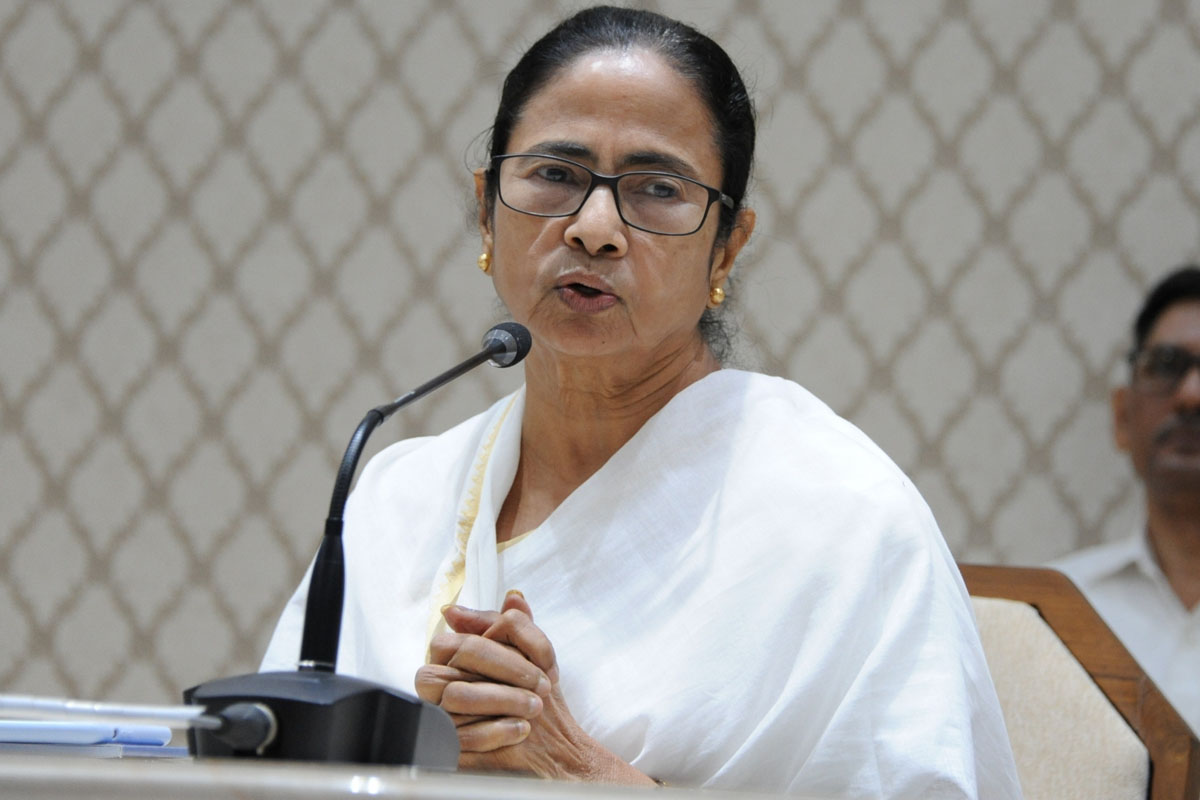Mamata Banerjee effected a robust pitch for the tribals of West Bengal during her recent visit to Jhargram, the nerve-centre of the subaltern that has now been upgraded from a subdivision in West Midnapore to a district as a matter of administrative exigence. The Chief Minister was largely riveted to land rights and has applealed to the Centre to enact a law to protect such rights of the Adivasis.
The appeal is significant as the tribals are dependent on the land and its produce to sustain themselves. Granted that tribal land cannot be transferred in West Bengal and land rights are sought to be protected with the creation of a separate department for tribal welfare, it begs the query whether such welfare initiatives have been generally effective.
Advertisement
Far from it. The Chief Minister made a remarkably pertinent observation when she said that a “law to protect the land rights of tribals across the country should be passed by the Centre.” A pan-India effort can perhaps bring about a dramatic improvement in the dismal situation. It is grinding poverty that plagues the tribals not merely in Jhargram but in the entire Junglemahal belt that saddles the districts of Bankura, Purulia, and East and West Midnapore.
Even rice at Rs 2 a kg and cycles for schoolgirls hasn’t really improved the quality of life. Maybe the occasionally violent Left radical has been reined in to an extent, but the canker of poverty has doubtless permeated the system. This is the core issue that needs to be addressed and is no less important than protection of land rights.
“The rights of the tribals have to be protected. We have taken all steps for the development of the tribal communities of our state. Nearly 95 per cent of the tribal population in Jhargram have benefited from the state government schemes,” was the CM’s proud boast in the backwaters of Bengal.
To an extent, there is little doubt that the Chief Minister was playing to the gallery, as evident from a photograph that shows her pirouetting with tribal women, the traditional tribal attire that she wore, and the playing of the dhamsa, the traditional percussion instrument and integral to subaltern culture. But it was more than that, for welfare measures have paid dividend at the hustings.
In this year’s state Assembly elections, the Trinamul Congress won as many as 29 of the 40 seats in the region. This is a distinct improvement over the party’s performance in the 2019 Lok Sabha election when the Bharatiya Janata Party had swept the polls. But even as the Chief Minister thanked the Junglemahal electorate for its support, certain emotive issues remain ~ for instance that of the Alchiki language.
There has hardly been any tribal rally in Kolkata where the linguistic demand has not been raised. Yet to no effect thus far.









